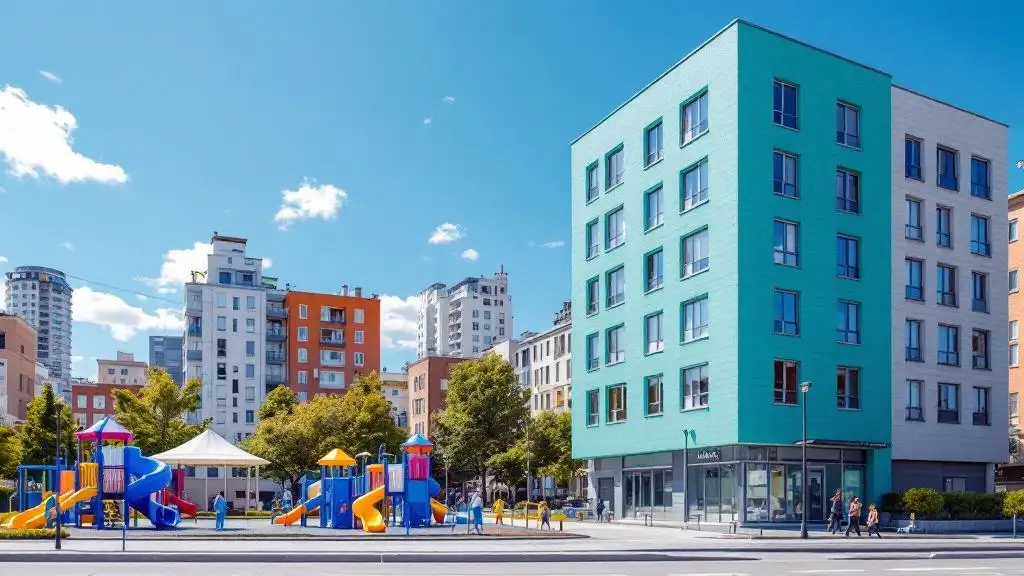America's First Autism Certified City
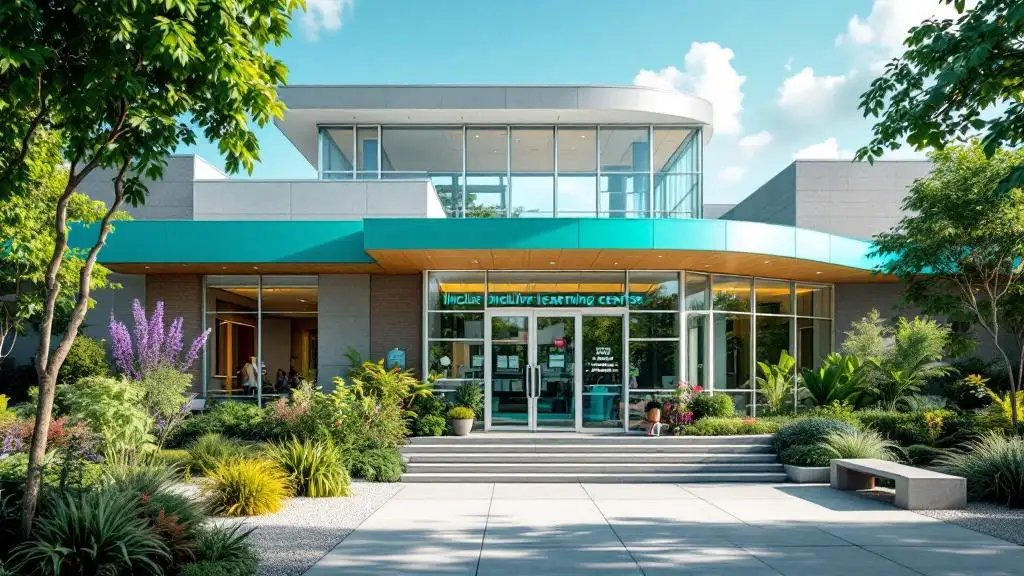
Pioneering Inclusion for All: Mesa's Milestone
In November 2019, Mesa, Arizona, made history by becoming the first Autism Certified City in the world, a designation that signifies a community's commitment to supporting neurodiverse populations. This pioneering achievement demonstrates how community-wide efforts can foster an inclusive environment where autistic residents and visitors feel welcomed, understood, and accommodated. Over five years, Mesa has expanded its initiatives, making accessible travel and inclusive community services a central part of its identity. This article explores what this certification means, how Mesa earned it, and the broader significance for communities aiming to be truly inclusive.
Understanding the Meaning and Significance of Autism Certification
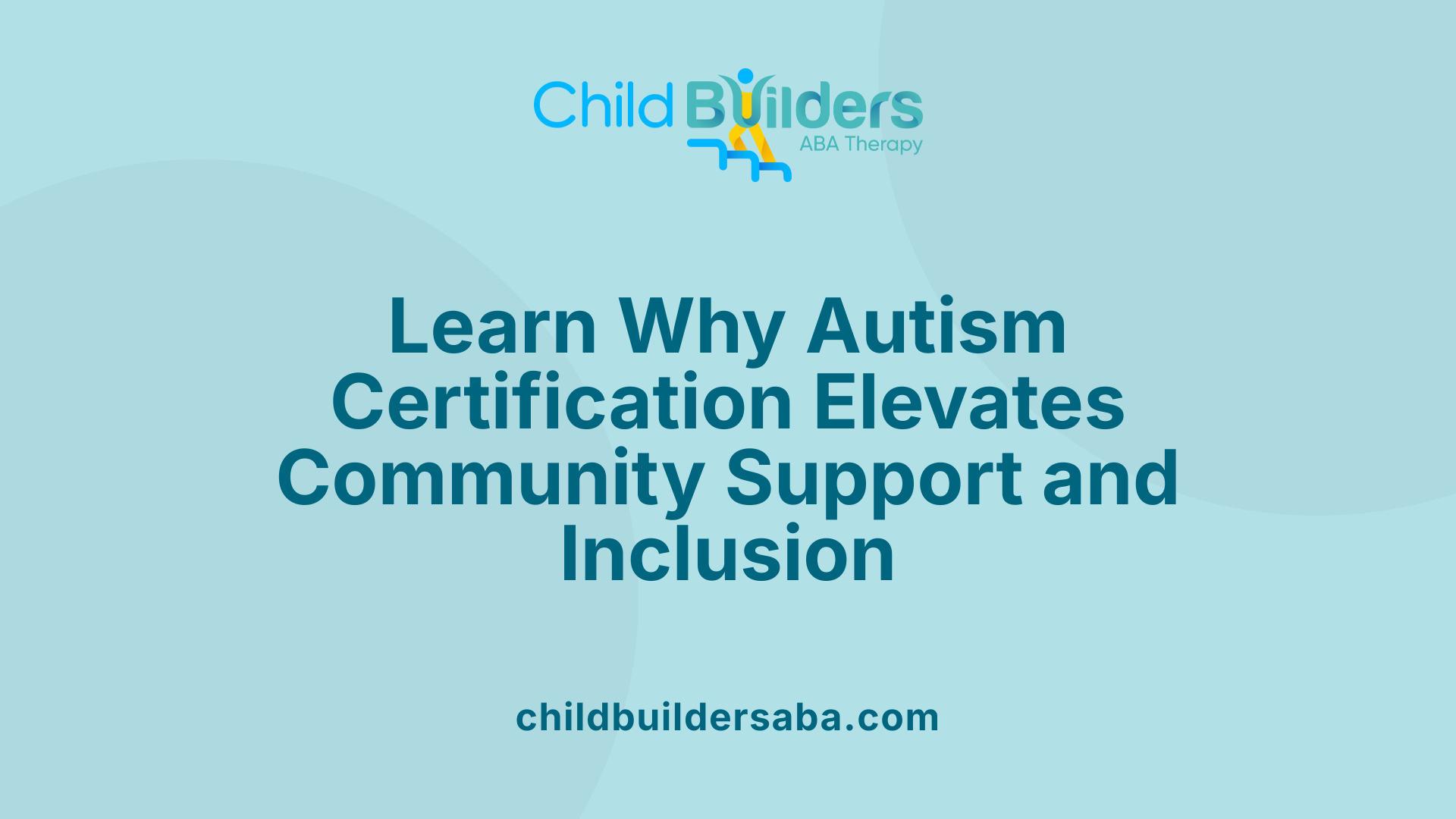
What does it mean for a city to be designated as 'Autism Certified' and why is this significant?
An 'Autism Certified City' (ACC) is a community that has taken substantial steps to become inclusive and supportive of individuals with autism. This designation is granted when a significant majority of guest-facing staff and local organizations are trained and certified in autism awareness and sensory inclusivity.
In the case of Mesa, Arizona, the city achieved this status through a partnership with IBCCES, an organization specializing in autism standards for the hospitality and travel industry. The certification process involves training staff in multiple sectors such as hotels, museums, parks, emergency services, and government agencies. Over 60 businesses and organizations in Mesa, including the Parks and Recreation Department and local museums, have completed autism and sensory-friendly training.
The standards for certification require that at least 80% of staff in tagged businesses are trained and certified. Furthermore, some businesses have participated in IBCCES audits and developed sensory guides. These resources help visitors with autism navigate spaces more comfortably, improving their overall experience.
The significance of this designation is multi-faceted. It reflects the community’s dedication to creating an environment where autistic individuals and their families feel supported and understood. It also helps boost tourism, enhances community engagement, and opens up workforce opportunities by fostering an inclusive local culture.
Mesa's ethos as the first Autism Certified City in the U.S. not only elevates its profile nationally but also sets a global example, inspiring other cities to prioritize accessibility and neurodiversity. Initiatives like sensory guides, autism-friendly events, and partnerships with service providers underscore Mesa’s ongoing commitment. This community effort demonstrates how comprehensive training and certification can transform a city into a welcoming hub for all.
Mesa’s Journey to Certification and Community Initiatives
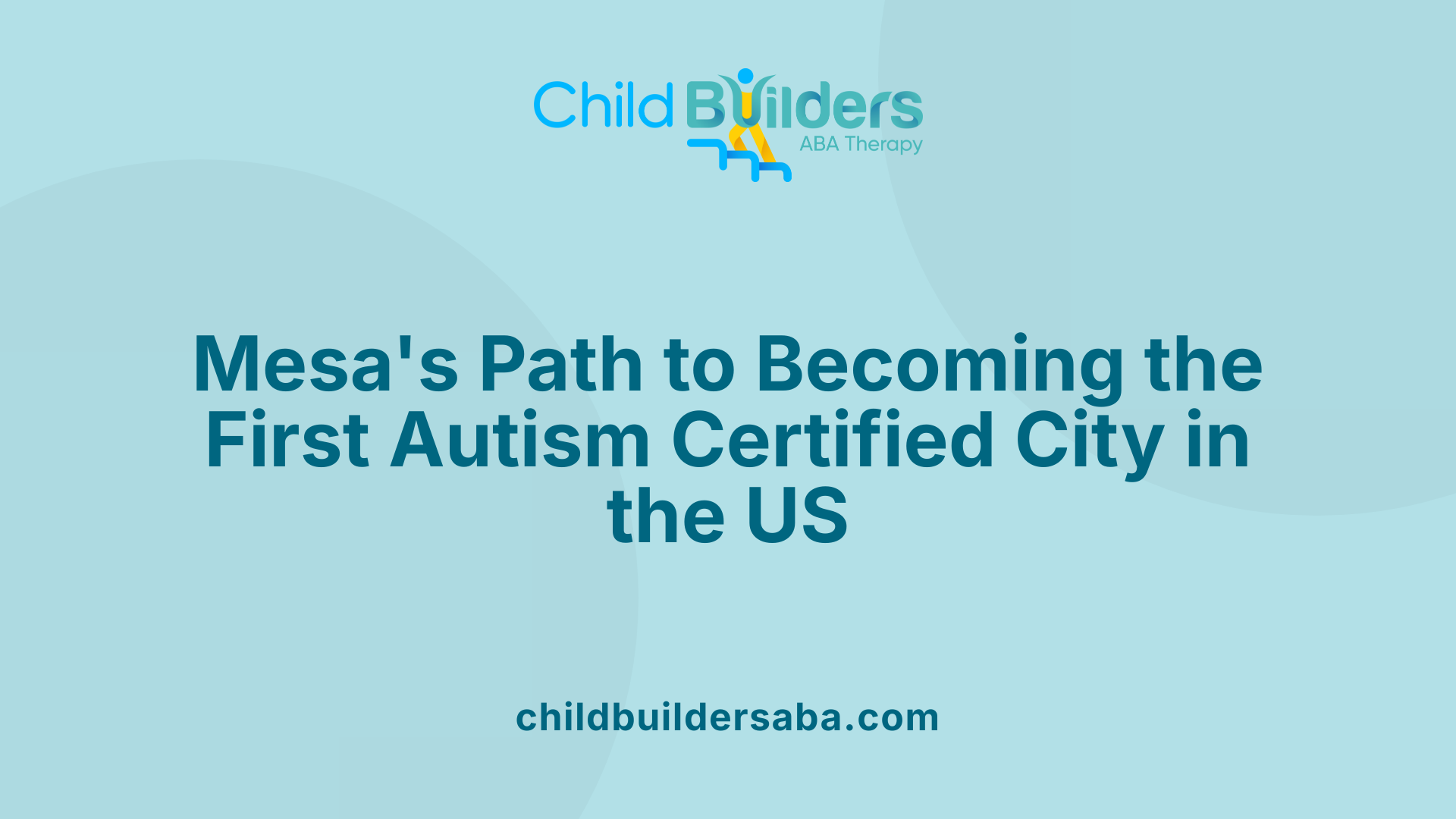
What is the process like for a city to obtain autism-friendly certification?
The path to becoming an Autism Certified City involves a detailed process of assessment and training across many community sectors. In Mesa, partnerships with organizations like IBCCES play a crucial role. First, key stakeholders and staff members in healthcare, hospitality, education, public safety, and entertainment fields undergo autism-specific training. This training is delivered by clinical experts and autistic advocates to boost awareness and understanding.
Next, these organizations are audited or assessed to ensure they meet sensory accessibility standards. During audits, locations may develop sensory guides and add sensory-friendly features to their facilities. Once they pass these evaluations, they receive certification—making Mesa the first city globally to earn this distinction, granted by IBCCES. Public recognition then helps promote inclusion, encouraging more businesses and public institutions to participate.
What initiatives and programs are typically involved in achieving autism certification?
Achieving autism certification involves a variety of community-driven initiatives. Mesa’s approach includes extensive staff training, sensory-friendly programs, and sensory guides available at museums, parks, and entertainment venues.
Special events such as sensory gentle days and autism-friendly programs improve accessibility for neurodiverse visitors. The city has also launched sensory kits for museums and partnered with tech services like Aira to assist visitors needing extra support. Outreach programs, inclusive events, and community education campaigns foster an inclusive atmosphere. These efforts create a city where autistic individuals and their families feel welcomed and supported.
Do certification efforts in cities benefit travelers and visitors with autism?
Absolutely. Certification efforts actively improve the travel and visiting experiences of autistic individuals and their families. By training staff in autism awareness and sensory sensitivity, Mesa ensures that visitors can enjoy attractions peacefully and comfortably.
Sensory guides, quiet spaces, and sensory-friendly events help reduce overwhelm caused by noise and crowds. Recognized destinations like Mesa attract more visitors on the autism spectrum, boosting local tourism and awareness. These initiatives not only make travel more accessible but also promote broader societal acceptance and understanding.
Mesa’s commitment shows how targeted programs can transform community spaces into inclusive hubs, encouraging greater independence and enjoyment for neurodiverse visitors.
| Fact | Details | Additional Notes |
|---|---|---|
| Certification Organization | IBCCES | International Board of Credentialing and Continuing Education Standards |
| First Certification Year | 2018 | Mesa earned its Autism Certified City designation |
| Number of Certified Businesses | Over 60 | Participating in autism training and sensory initiatives |
| Community Members Trained | 7,921 | Reflects widespread engagement and education |
| Sensory Friendly Features | Guides, kits, events | Offered in museums, parks, and venues |
| Public Safety Staff Trained | Police, fire | Enhances safety for neurodiverse individuals |
Implementation of Sensory-Friendly Features and Community Engagement
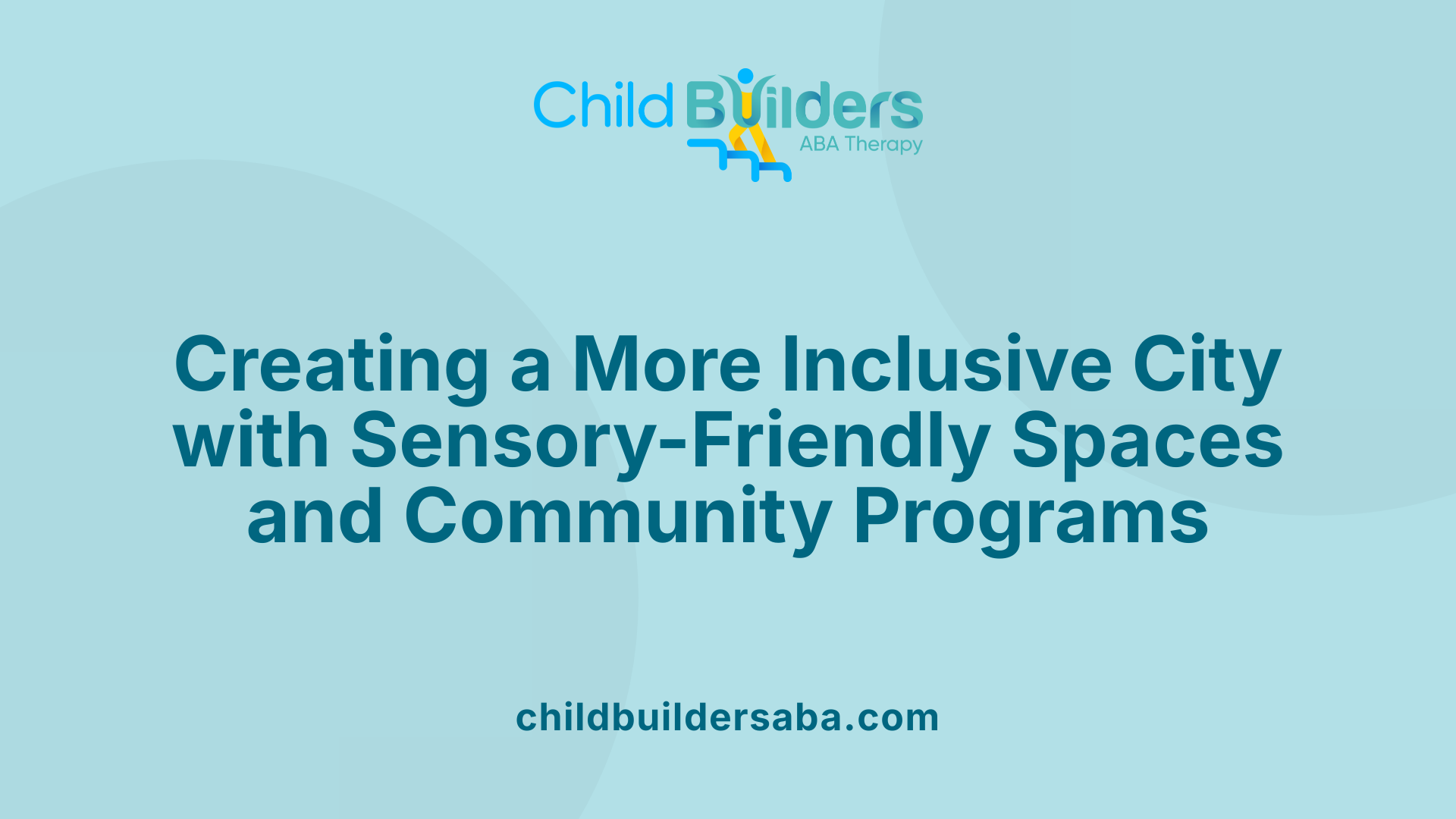
What initiatives and programs are involved in achieving autism certification?
To become the first Autism Certified City in the world, Mesa, Arizona, implemented a wide array of initiatives aimed at making the city more inclusive for individuals on the autism spectrum. Central to these efforts are sensory guides and sensory-friendly spaces located in museums and attractions like the Arizona Museum of Natural History. These guides help families navigate environments that cater to sensory sensitivities.
Mesa has also prioritized community engagement through events and autism awareness campaigns such as lighting up landmarks during Autism Acceptance Month. These initiatives not only foster greater awareness but also promote a sense of community solidarity.
Partnerships with technology and service providers play a significant role. Collaborations with companies like Aira, offering remote visual enhancement services, and Wheel the World, providing accessible travel options, enhance the experience for visitors with disabilities. These partnerships help create customized, accessible excursions and improve overall trip planning.
The city has trained police, fire, and other public safety personnel to better support neurodiverse individuals. This training ensures emergency responders can respond thoughtfully and effectively, promoting safety and comfort.
Additionally, Mesa launched light-up campaigns during Autism Acceptance Month, using lighting to raise awareness and demonstrate acceptance.
These combined efforts involve continuous staff training, sensory-friendly adaptations, public awareness initiatives, and technological partnerships. Collectively, they form a comprehensive approach to creating an inclusive, welcoming environment for all residents and visitors. Over the years since certification began in 2018, Mesa has maintained its commitment with ongoing re-certification and expanding programs, demonstrating its dedication to improving quality of life and accessibility community-wide.
| Initiative Type | Examples | Impact |
|---|---|---|
| Sensory-Friendly Spaces | Sensory guides, sensory kits at museums | More comfortable visits for neurodiverse visitors |
| Community Campaigns | Lighting landmarks for Autism Month | Increased awareness and acceptance |
| Technological Partnerships | Aira, Wheel the World | Enhanced accessibility and trip planning |
| Public Safety Training | Police, fire departments trained | Better support and safety for neurodivergent individuals |
| Educational and Outreach Programs | Autism-friendly events, virtual tours | Foster inclusivity and familiarity |
Mesa's ongoing efforts illustrate a deep commitment to creating a city where everyone, regardless of neurodiversity, can feel supported and included.
The Global Impact and Future of Autism Certification in Cities
Beyond Mesa, other locations around the world are making strides in becoming more inclusive for autistic individuals. Dubai, for example, has been recognized as the first Certified Autism Destination™ in the Middle East. This designation sets a global benchmark for accessibility and sensory-friendly tourism, demonstrating how cities worldwide are adopting standards to better serve neurodiverse populations.
Global recognition of autism-friendly destinations continues to grow, with various cities implementing certifications to signal their commitment to inclusion. These designations not only help families feel more comfortable traveling but also promote economic benefits through increased tourism and community engagement.
The process a city undergoes to earn such certification involves multiple steps. It starts with comprehensive assessments and extensive training across sectors such as healthcare, transportation, hospitality, and entertainment. Staff members are trained by clinical experts and autism advocates, focusing on sensory accessibility and safety measures. These trainings are validated through independent evaluations, and venues often undergo audits to ensure they meet sensory-friendly standards. Once standards are satisfied, organizations like IBCCES or KultureCity grant certification, officially recognizing the city as autism-friendly.
As more cities obtain certification, the potential for community growth and inclusiveness expands. These initiatives encourage local businesses to adopt neurodiversity-friendly practices, optimize public spaces for sensory needs, and develop programs to assist autistic residents and visitors.
For travelers and communities, the benefits are profound. Certified destinations provide sensory guides, quiet zones, and staff trained to assist neurodiverse individuals, making travel less stressful and more enjoyable. They foster trust among families, knowing the environment is designed with their needs in mind. This not only enhances individual experiences but also boosts local economies, as more visitors choose autism-certified destinations.
Looking ahead, the growth of autism-certified communities signifies a broader move toward global inclusion. As awareness and standards rise, more cities are expected to pursue certification, creating a worldwide network of accessible, welcoming destinations for everyone.
A Brighter, More Inclusive Future
Mesa’s pioneering efforts set a standard for cities nationwide and worldwide, highlighting the importance of accessible, inclusive environments that serve everyone. The journey of becoming the first Autism Certified City underscores the power of community collaboration, dedicated training, and innovative programs. As more cities seek to follow Mesa’s lead, the hope is that neurodiverse individuals and their families will experience greater support, acceptance, and opportunities across all aspects of life. This milestone not only strengthens community bonds but also promotes economic and social growth by making cities more welcoming for all.
References
- Mesa, AZ is the First Ever Autism Certified City! - Visit Phoenix
- Autism Travel - Visit Mesa
- Mesa Celebrates Five Years as an Autism Certified City™ - ibcces
- Autism Certified City
- Visit Mesa's quest to become first Autism Certified Travel Destination ...
- Mesa: The US' first autism-friendly city - BBC
- Autism Certified City - ibcces
- Mesa, Arizona Celebrates Five Years as an Autism Certified City ...
- Autism Certified City - ibcces

















